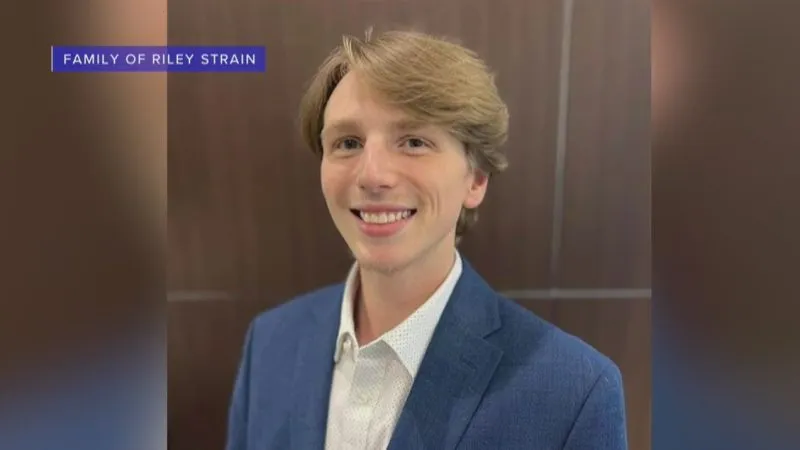Academy Award-winning director Ray McKinnon (Deadwood, O Brother, Where Art Thou?) visited the University of Tampa to give an acting and directing workshop in Reeves Theater. He showed his short film “The Accountant,” for which he received his award.
The film centered around Tommy and David O’Dell, two brothers in danger of losing their family farm when they fault on their second mortgage. They have seen the acres dwindle from 1,000 to merely 100.
The film was not completely somber; there were many laughs coming from the strange quirks of the accountant, played by McKinnon. Trying to help the O’Dell’s keep the farm, he gave many insightful, albeit unrealistic, suggestions.
First, he suggested David could forfeit three-fourths of his limbs save the right arm in a so-called “farming accident.”
The next was to kill his wife and collect on the life insurance policy.
Third, he tried to convince David to burn down the farm, including his blind, old dog in his dog house, because no one would believe someone was cold-hearted enough to do it intentionally. He suggested all this while swilling a case of liquor and beer.
After “The Accountant,” McKinnon held a question and answer session and addressed the meaning of the film and the obstacles involved.
McKinnon drew attention to the contrast “The Accountant” holds to most other films about the South. The most important of which was it was actually written by a southerner: himself.
It did not have the tired clich’eacute;s of jug and washboard bands, overalls, NASCAR, or any other inventions of Hollywood. According to him, those stereotypes are as southern as fortune cookies are Chinese.
Before McKinnon could overcome the stereotypes, however, he had to get people to see his film. “The Accountant” has an awkward run time of 38 minutes. Usually, shorts don’t exceed 30 and features are no less than 90 minutes.
Luckily, the Academy’s limit is 40 minutes. He then gave similar advice to students who may want to become directors.
Both crafts share the mutual obstacle of criticism “from the time you let it go…until after you die.” McKinnon says you can not worry about this, but you should stay objective.
Directors should try to collaborate, but they should make sure their films hold true to their visions. McKinnon did not cut the length for greater distribution options, he says, because he felt it was the right length.
He also urged actors to be objective and “play the reality of the scene,” meaning to talk to the actor and not to the camera.
Then, Ray McKinnon showed his most recent film Randy and the Mob. As he did in “The Accountant,” McKinnon wrote and directed the film.
Instead of playing one of the characters he played two: Randy and his twin brother. “There is no casting,” jokes McKinnon; “I play all the roles.” He later expressed the importance of casting, because the actors will ultimately do their own thing.
McKinnon says that obsession is the common element that goes into a good film and that he got into film-making because he was obsessed with acting.
When asked if McKinnon preferred acting or directing, he said neither was better than the other, but that “directing is an endurance contest…With acting, you do your thing and then rest. Directors have to keep going.”
He says this is especially the case for independent film-makers, because they have to continue working after the film’s release in order to keep it going.
“Unless you get lucky, you have to remain obsessed for three years.” This is because, as McKinnon says, there is a bad market for movies for adults. With so many computer animated movies coming out in the past few years, he has a point.
Furthermore, with modern technology like high definition, surround sound, movie download programs, and big screens getting cheaper and more accessible each year, there is a dwindling incentive to go out to see a movie. This is why, as McKinnon puts it, “it is a small miracle when any of these [independent movies] gets made.”




Leave a Reply